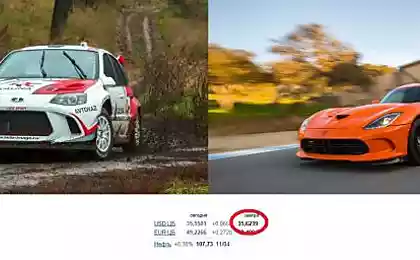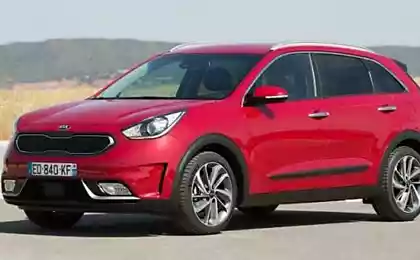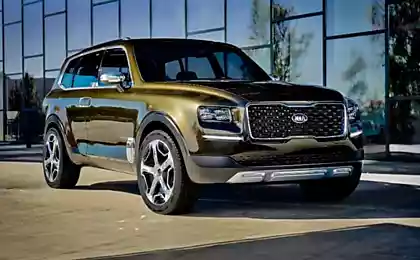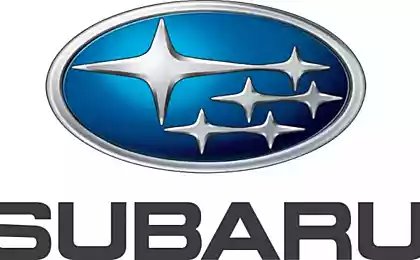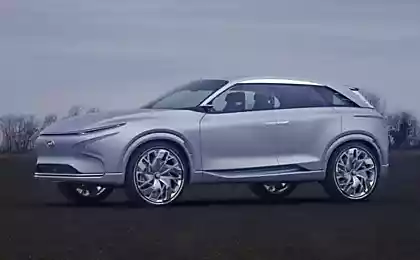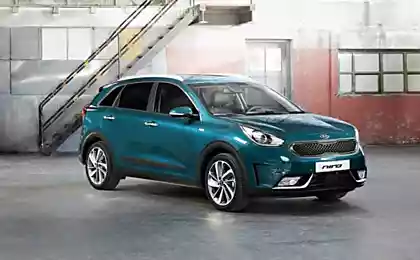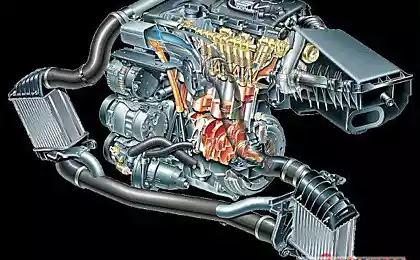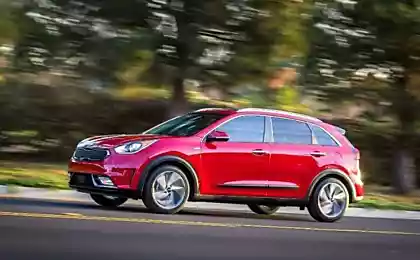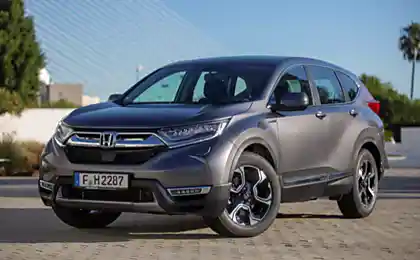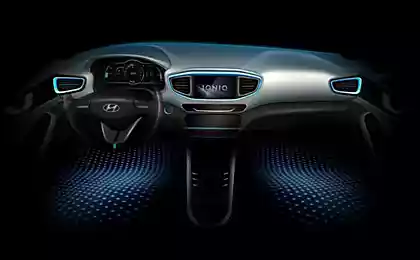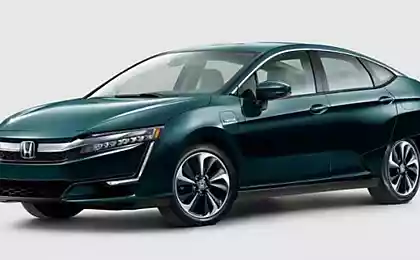212
Hyundai replaced Honda on the throne of the most environmentally friendly automaker
Today, Hyundai-Kia is the most environmentally friendly automaker in the world, and Honda, which has occupied this throne since 2010, has taken a back seat. That’s according to the Union of Concerned Scientists. One might say, Why not Tesla Motors? Has this company never had a single exhaust pipe in its history? The Union of Concerned Scientists lists only eight of the world’s top automakers.
In accordance with the criteria put forward, Hyundai surpassed not only Honda, but also Toyota (in third place), Nissan (fourth), VW, Ford, GM and Chrysler (the latter automaker also hit the very bottom of the list of fuel-efficient cars).
Dr. David Cook, an automotive analyst at the Union and the author of the latest report, said that the Korean companies working together were victorious thanks to “a concerted effort to green the car fleet through the use of turbocharging, downsizing and hybridization.” But Honda, according to David Cook, should make more efforts to develop the innovation component.
Based on the rating conditions, the presence of electric cars in the company’s lineup does not bring many points to its piggy bank. In 2013, Hyundai-Kia did not have electric cars, and the conglomerate is only now launching an electric model Kia Soul EV. Charged hybrid cars make up a tiny fraction of the entire range, only 0.6 percent in 2013, making them a relatively minor factor.
“Tesla only sells one car, and if we based our research on the Model S, there’s no doubt it would be the cleanest car ever,” Cook said. If Nissan were rated only on the Leaf, it would also be the greenest. But we focused on the eight largest automakers, which account for 90 percent of the global passenger car market.”
The rating is compiled for the 2013 model range. It should be noted that the analysis carries good news for the entire industry. All eight companies reduced their greenhouse gas emissions from the 1998 average. In terms of emissions per kilometer of traveled path, the first place belongs to Hyundai with 138 grams (combined cycle), the second – Honda, 144 grams, the third place was shared by Toyota (147 grams), Nissan (148 grams) and VW (148 grams). Compared to 1998, Hyundai showed an improvement of 11.4 percent, Honda by 2.9 percent, Toyota by 11.6 percent and Nissan by 15.3 percent.
Fuel efficiency suffered in the 2000s, when car owners began switching to SUVs and crossovers. But today, all companies are squeezing mileage to the maximum, trying to comply with strict regulations on greenhouse gas emissions. For example, in the United States, emissions by 2025 should not exceed 87 g / km.
In 2010, Honda won the ranking, ahead of Toyota and Hyundai. The movement towards electrification of cars is gaining momentum, and automakers, with the introduction of models such as the Chevrolet Volt, Spark EV and Fiat 500e, the charging hybrids Focus Electric and Ford Energi, as well as the electric Chrysler minivan, demonstrate that they are actively working in this field. “There are all signs that automakers are improving,” said the experts of the Union. Ford has achieved the highest level of greenhouse gas emissions reduction of any competitor. Chrysler was awarded the title of “dirty exhaust pipe” for the least development in this area.
Source: facepla.net

